 onlinediplomasales@outlook.com
onlinediplomasales@outlook.com
 WhatsApp: +86 15079964823
WhatsApp: +86 15079964823
Where to buy a De montfort university diploma?
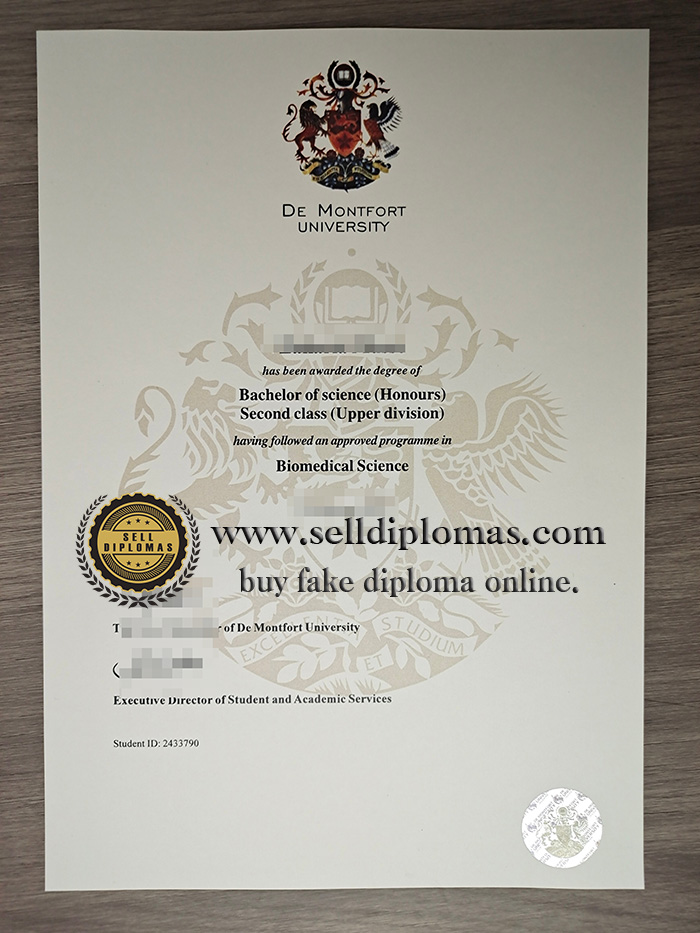
We can reproduce your scan with Realistic accuracy. Fully recreated from your digital image, we can replicate your original seals, emblems, font, and logos with the FASTEST TURNAROUND TIME IN THE BUSINESS and most accurate!
De Montfort University Leicester (DMU) is a public university in the city of Leicester, England. It was established in accordance with the Further and Higher Education Act in 1992 as a degree awarding body. The name De Montfort University was taken from Simon de Montfort, a 13th-century Earl of Leicester.
De Montfort University has approximately 27,000 full and part-time students, 3,240 staff and an annual turnover in the region of £168 million. The university is organised into four faculties: Art, Design, and Humanities (ADH); Business and Law (BAL); Health and Life Sciences (H&LS); and Computing, Engineering and Media (CEM). It is a Sustainable Development Hub, focusing on Peace, Justice and Strong Institutions, an initiative by the United Nations launched in 2018. The Department of Education awarded the university an overall Silver rating in the 2023 Teaching Excellence Framework. It is a member of the Association of Commonwealth Universities.
The university’s origins are in the Leicester School of Art, established in 1870 on a voluntary basis. The school expanded in response to the changing needs of late 19th-century industry; leading to the introduction of subjects such as engineering, building and machine drawing. By 1897, it was clear the buildings being used were no longer suitable. £25,000 was raised to build ‘a very handsome school that would be enormous credit to the town and … so that it would answer its purpose for the next 100 years’. The building in question is the Hawthorn Building, which today still houses the sciences; in the shape of the Faculty of Health and Life Sciences. At the time of the first phase its construction, there were 500 art students and 1,000 technical students. In 1903, a letter from His Majesty’s Inspector praised the success of the technical subjects. Increasing demand for courses prompted an extension to the Hawthorn Building in 1909. In 1919, further properties were rented. The Duchess of Atholl laid the foundation stone of Hawthorn’s new west wing in 1927; by which time the establishment was known under by the joint name of The Leicester Colleges of Art and Technology.
In 1930, the college was recognised for the external degree course in Pharmacy of the University of London, and the Pharmaceutical Chemist Diploma of the Royal Pharmaceutical Society of Great Britain. In 1934, the University of London recognised the college as suitable for preparing students for the External Degree in Engineering, and so the courses on offer developed apace. The prospectus for 1936–37 included details of various technically based schools, including the Schools of Architecture, Building and Building Crafts, and Engineering. The fourth phase of extensions to the Hawthorn Building was completed in 1938–39. The first accommodation was secured in 1946 when three houses were purchased by the university.
More space was needed to meet the academic demand, and so in 1948, F. Bray, Under Secretary of the Ministry of Education, opened the converted Downings Warehouse. In 1966, the new Fletcher building was opened by The Queen Mother. In the same year, a white paper, “A Plan for Polytechnics and Other Colleges”, was published, leading to the creation of the City of Leicester Polytechnic. Under the provision of the Education Reform Act 1988, Leicester Polytechnic became a Higher Education Corporation, with Dame Anne Mueller appointed Chancellor in June 1991.



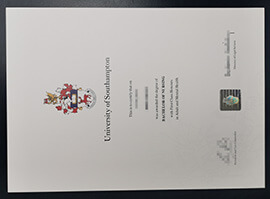
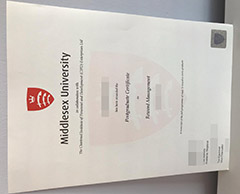
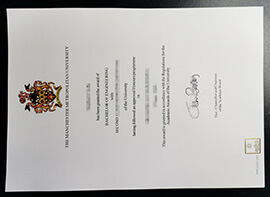
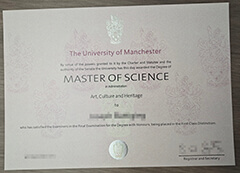

 WeChat Code
WeChat Code  WhatsApp Code
WhatsApp Code